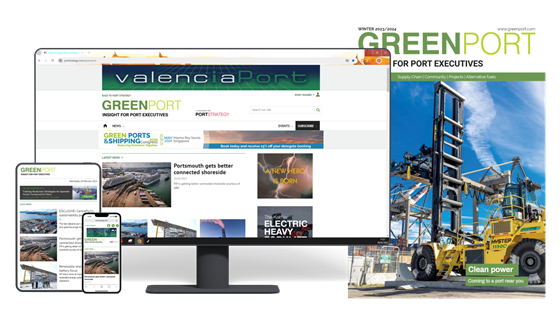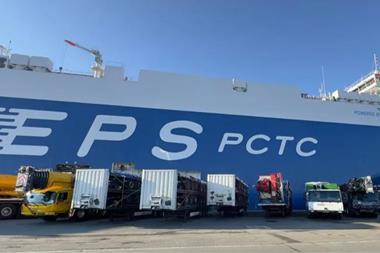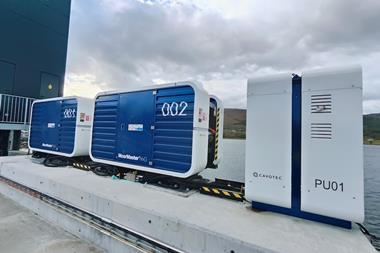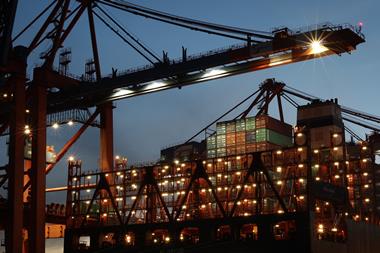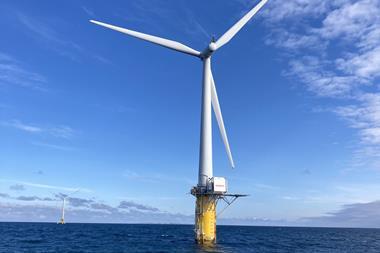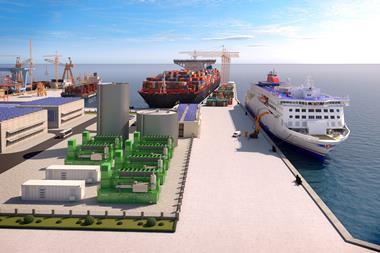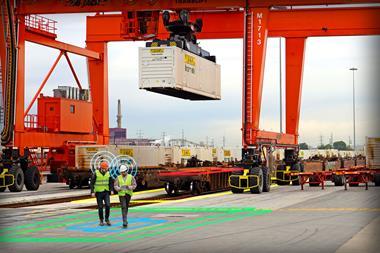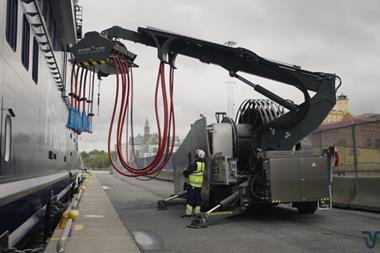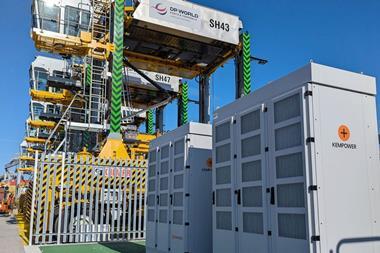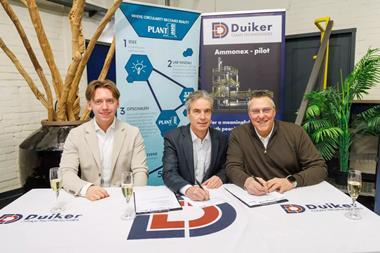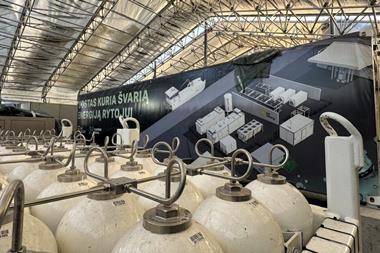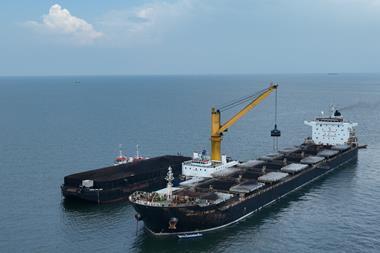Automated mooring substantially reduces harmful emissions in Helsinki city center.
 Content from our commercial partners
Content from our commercial partners

Automated mooring substantially reduces harmful emissions in Helsinki city center
A cutting-edge technology for the fast mooring of ships deployed by the Port of Helsinki is estimated by DNV GL Maritime Advisory to reduce carbon dioxide and NOx emissions equivalent to taking some 5,000 diesel cars off the streets.

Calculations using a new port efficiency tool developed by DNV GL Maritime Advisory indicate that the Port of Helsinki’s use of a MoorMaster® automated mooring system reduces vessel fuel consumption by up to 2,800 tonnes every year, resulting in almost 8,000 tonnes less carbon dioxide released into the atmosphere.
The system also reduces NOx emissions by up to 70 tonnes a year, of which 16 tonnes at the berth, which is located in the city centre.
This is equivalent to taking some 5,000 diesel cars off the streets of Helsinki.

“The Port of Helsinki is committed to reducing the carbon footprint of harbour operations through its Carbon Neutral programme. Auto-mooring systems at the busiest berths play a vital part in the successful reduction of vessels’ carbon emissions. As our passenger terminal is centrally located, nearby residential areas, reducing the impact of harbour operations is of the utmost importance to us,” said Antti Pulkkinen – Harbour Master, Passenger Services, Port of Helsinki – when the port placed a repeat order for MoorMaster®.
DNV GL Maritime Advisory has developed the tool on behalf of Cavotec, the makers of the MoorMaster® systems, to help ports everywhere estimate the environmental benefits of automated mooring. “We’re delighted to work with Cavotec on this study. At DNV GL, we’re always looking for new ways to apply our expertise to help the industry adopt more environmentally friendly technologies,” says Christine Adal, Head of Section, Shipping Advisory at DNV GL.
MoorMaster® replaces conventional mooring lines with remotely operated vacuum pads that moor vessels in seconds at the touch of a button. Rapid mooring and release let the vessel shut down its engines faster in port, reducing harmful emissions.
Every minute saved in port also increases the amount of time that ships can spend at sea, making it possible for ships to cruise at lower speeds, which saves fuel and further reduces emissions.
MoorMaster® has been in use at a Ro/Pax berth in the Port of Helsinki since 2016, and another system will be installed in 2021.
From 2021, the connecting berths in Tallinn will also be equipped with MoorMaster®, enabling vessels to sail between the ports without needing to use mooring lines at either end of the route. Together, the four systems multiply the environmental benefits saving up to 8,100 tonnes of fuel each year.
The maritime industry is increasingly focused on reaching zero emissions as well as reducing environmental impact in the short term to slow build-up of greenhouse gases in the atmosphere.
The new DNV tool shows how MoorMaster® quickly contributes to meeting environmental targets using existing vessels and berths.
The tool estimates the potential fuel savings and emission reductions from adopting vacuum mooring in Ro/Pax terminals. The user enters values for parameters such as ship type and size, fuel price, and engine size.
Operational data is also entered for mooring and release times, docking frequency, speed, distance, sailing times, etc.
The tool is free to use and available for download:
MoorMaster® eliminates the need for conventional mooring lines by replacing them with automated vacuum pads that moor and release vessels in seconds. Its patent-protected Active Control™ technology minimises vessel motion, thereby drastically improving port productivity.
Two decades after the first system entered service, MoorMaster® is still the only proven and widely used vacuum mooring technology at bulk, container handling, lock, Ro/Ro, and ship-to-ship applications.


